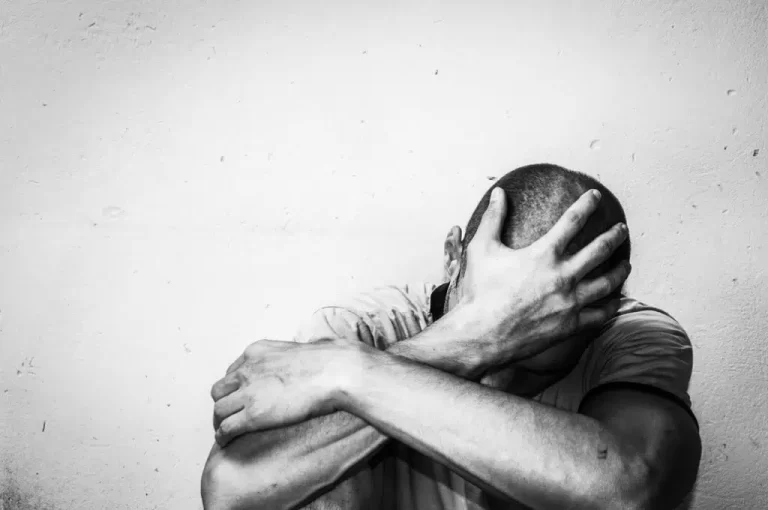Most people experience moments of embarrassment, guilt, or even humiliation at one time or another. While many overcome these emotions and reframe their thinking into something more positive, it can be next to impossible for those struggling with shame and addiction.
The difference between shame and guilt
Though many people use the words shame and guilt interchangeably, there are significant differences. Shame is a powerful emotion that can make you feel like you’re an inadequate person, and it may not even be related to a specific behavior or event. Guilt is a feeling you get when you do something wrong, even if it was unintentional.
When you feel guilty about something, you can right the wrong or make up for it, but feelings of shame can stem from past trauma and impact your entire sense of self. The experience of shame can be profoundly unpleasant and lead to long-lasting social, professional, or sexual difficulties. Unresolved shame can lead to feelings of depression, anxiety, and low self-esteem. It can also be a symptom of certain mental health conditions. Shame can trigger repetitive and toxic thoughts, like:
- I don’t deserve to be loved.
- I’m not important.
- I’m not a good person.
- I’m a failure.
- I’m not worth it.
Shame is also a liar. The skilled medical team at Miramar Recovery Center can help those who’ve turned to drugs or alcohol to cope with overwhelming feelings of shame, depression, or anxiety. Substance use disorders and mental health disorders are often co-occurring, so it’s important to treat both at the same time to lower your risk of relapse.
The connection between shame and addiction
The feelings of shame and negative self-talk can become almost unbearable. Anyone with a deep and ongoing sense of shame about themselves is prone to isolation and often harbors intense feelings of unworthiness. That’s why there is such a strong connection between shame and depression.
Unfortunately, these powerful negative emotions can lead to drug and alcohol use. People who are desperate to feel positive emotions often self-medicate with drugs and alcohol to mask negative feelings. While this strategy may seem successful in the moment, continued substance use intensifies feelings of shame.
You can overcome shame and addiction, and you don’t have to do it alone. We can help you heal with powerful intervention strategies so you can live the life you deserve.
Healing from shame and overcoming addiction
Shame fuels addiction, and addiction fuels shame. If you’re caught in this negative cycle, it’s time to break free with the help of a safe, effective addiction treatment program.
At Miramar Recovery Center, you can expect a treatment program tailored to your unique physical, mental, emotional, and spiritual needs. We begin with a medically assisted detoxification process to safely remove the substance from your system. Next, we recommend inpatient or outpatient rehabilitation to help you identify your shame, find acceptance and redefine your self-worth in a safe and supportive environment. We can help you:
- Recognize shame when it arises, call it out for what it is, and refuse to feed it with self-hate.
- Learn to see mistakes as behaviors and not as a reflection of self-worth.
- Identify the root cause of your shame and learn to see your value and worth.
- Let go of the idea of perfection and redirect your energy toward mending relationships with family, friends, and coworkers.
- Own your life choices and commit to positive life changes.
Overcoming feelings of shame may require revisiting painful memories and reevaluating them from a new perspective. Healing from shame and addiction will take time. The clinical team at Miramar Recovery Center will guide you toward a life of long-lasting recovery through things like individual, group, and family therapy sessions.
Are you ready to take the first step in addiction treatment? If you’re struggling with difficult emotions and a substance use disorder, call Miramar Recovery Center at 949-691-5036 to determine if our dual diagnosis program is right for you.
It’s time to reclaim your life, recover your health, and regain your sense of self-worth because you are worth it.



